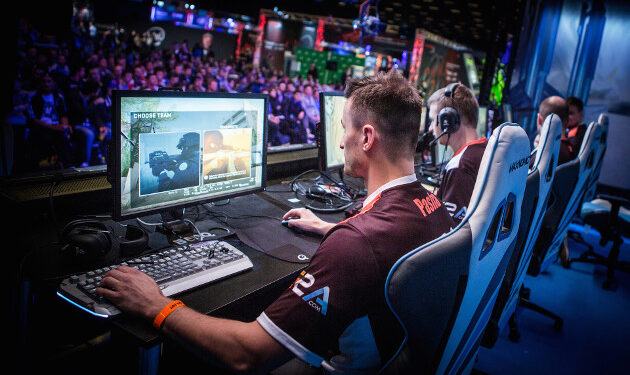No longer the exclusive domain of basement-bound teenagers or the secret shame of countless adults, video games have fast become a massive market for mainstream entertainment, with competitive gaming – more frequently referred to as eSports – garnering widespread attention and driving growth across the industry.
In 2018, video games generated $131 billion, with eSports a quickly growing vertical within that market as revenues topped $1 billion for the first time. But it’s more than just current revenues and bottom line figures that are getting investors excited, the potential for the sector is staggering.
Take Twitch, the video streaming platform favoured by eSports broadcasters that reached unicorn status when sold to Amazon for $970 million in 2014 – well before eSports even truly began to boom. Twitch averages more than 2.5 million concurrent viewers at any time, while generating more than 1.7 billion hours of watched content every month.
As eSports as its own industry continues to mature, more complementary businesses like Twitch are expected to emerge in an effort to capitalize on the wave of future revenue. In the blockchain space, use case examples are already beginning to emerge with solutions targeted at addressing issues in the space related to fairness and digital ownership, with others offering new ways to generate revenue.
For blockchain solutions to be effective in this space, their networks must be fast and able to handle significant volumes of large transactions – but able to do so on a cost-basis that makes financial sense for players and providers alike. Only Bitcoin SV has the requisite stability and scalability to provide the platform for blockchain-based eSports solutions.
ChatGPT on eSPort and Blockchain:
Esports and blockchain technology have started to intersect in recent years, with various projects using blockchain to improve various aspects of the esports industry. Here are a few ways in which blockchain is being used in esports:
- Tokenization of in-game items: One of the most common ways that blockchain is being used in esports is for the tokenization of in-game items such as weapons, skins, and other virtual items. These items can be bought, sold, and traded on the open market using blockchain-based tokens, allowing players to monetize their in-game items.
- Smart contracts for player contracts and tournament prize payouts: Blockchain can also be used to create smart contracts that can automatically execute when certain conditions are met. This can be used for player contracts in esports leagues, ensuring that players are paid according to the terms of their contracts. Smart contracts can also be used to automatically distribute tournament prize payouts to the winning teams.
- Verification of player identities: In traditional sports, there have been instances of fraud and identity theft. Blockchain can be used to verify the identity of esports players, ensuring that only eligible players are able to compete in tournaments.
- Enhancing the fan experience: Blockchain can be used to create unique, one-of-a-kind experiences for esports fans. For example, a team could issue limited edition tokens that grant access to exclusive events or merchandise.
Overall, the use of blockchain in esports has the potential to bring increased transparency, fairness, and security to the industry.
Source: Bitcoin association and ChatGPT



Recent Comments